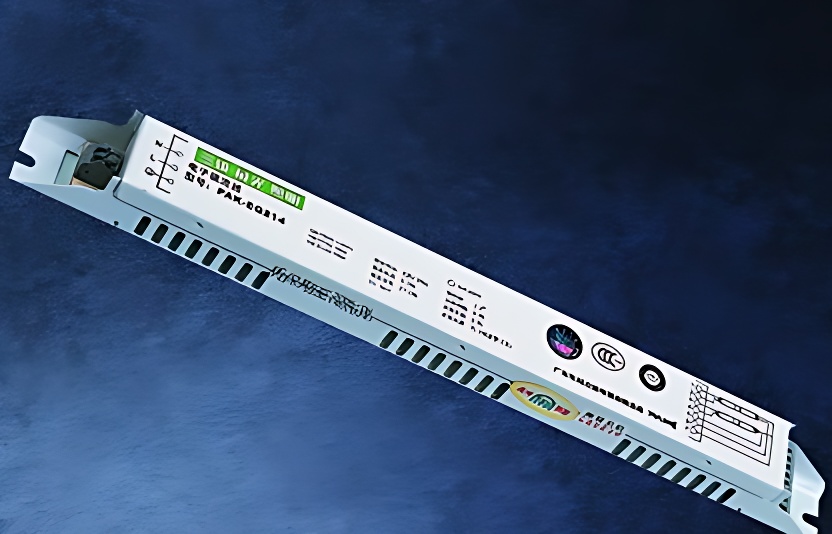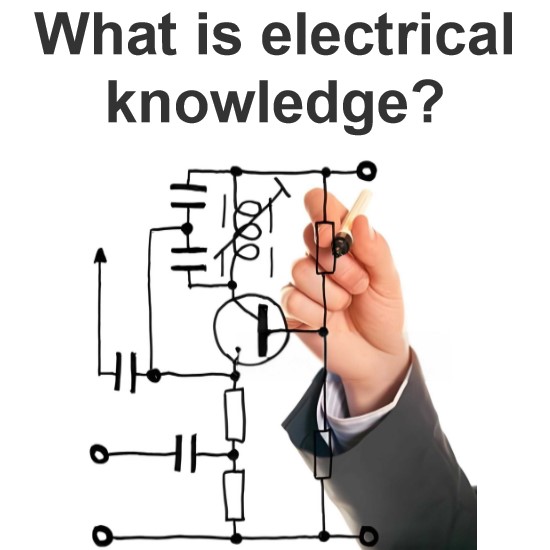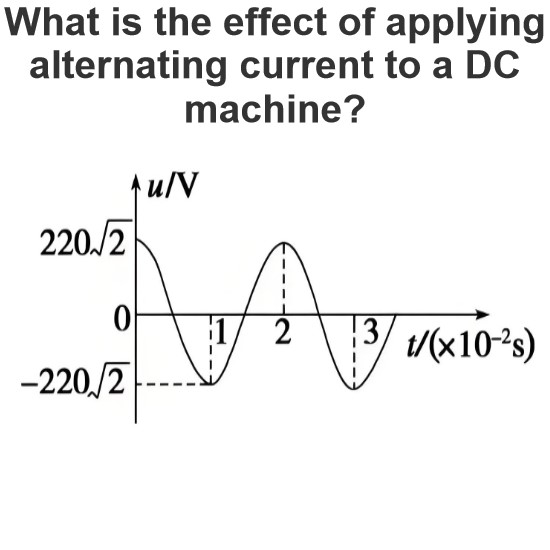What is an Electronic Ballast?
What is an Electronic Ballast?
Electronic Ballast Definition
Electronic Ballast is a kind of Ballast, refers to the use of electronic technology to drive the electric light source, so that it produces the required lighting electronic equipment.

Working principle of Electronic Ballast
The power supply is converted into a DC power supply after passing through a radio frequency interference (RFI) filter, full wave rectification, and a passive (or active) power factor corrector (PPFC or APFC). Through the DC/AC converter, the output 20K-100KHZ high-frequency AC power supply is added to the LC series resonant circuit connected with the lamp to heat the filament, at the same time, resonant high voltage is generated on the capacitor, and it is added to both ends of the lamp, but the lamp "discharge" becomes "on-on" state, and then enters the luminous state. At this time, the high-frequency inductance limits the increase of current. To ensure that the lamp can obtain the lamp voltage and lamp current required for normal work, often add a variety of protection circuits
Technical parameters of electronic ballast
Power factor
Total harmonic distortion
Crest coefficient
Electronic Ballast classification
Common type, 0.6≥120%90%1.4~1.6 high-frequency to make it small, light, power-saving function;
High power factor type H, ≥0.9≤30%≤18%1.7~2.1 Passive filtering and exception protection;
High performance electronic ballast L grade, ≥0.95≤20%≤10%1.4~1.7 has perfect abnormal protection function, electromagnetic compatibility;
Cost-effective electronic ballast L level, ≥0.97≤10%≤5%1.4~1.7 integrated technology and constant power circuit design, voltage fluctuations affect the illuminance is small;
Adjustable light electronic ballast, ≥0.96≤10%≤5%≤1.7 using integrated technology and active variable frequency resonance technology.
Electronic Ballast advantages
Energy conservation
Eliminate stroboscopic, glow more stable
More reliable starting point
High power factor
Stable input power and output luminous flux
Prolong lamp life
Low noise
Dimmable
Dimming method
Duty cycle dimming method
Frequency modulation dimming method
Voltage dimming method
Pulse phase modulation dimming method
Development direction
Maintain constant output power
Exception protection function
Reduce temperature rise
Suitable for wide voltage operating range
Control lamp current crest coefficient
We aim to gather electrical knowledge and share it with others.




